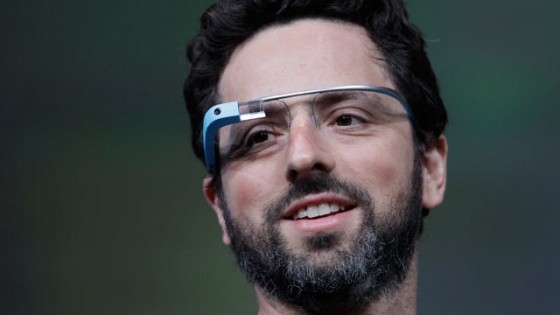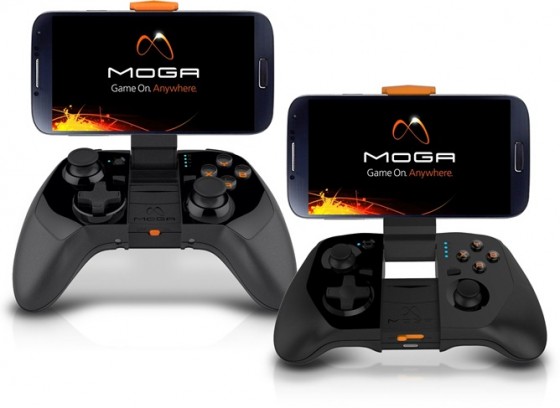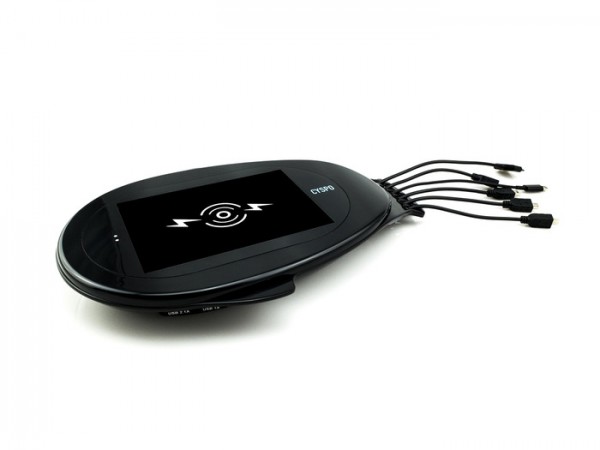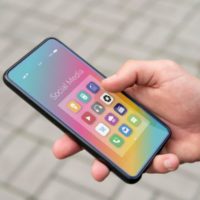 So now that Google Glass has been released, the hype has mostly died down, besides the odd discussion about the legal ramifications of allowing Glass into certain venues. It’s obvious that Google Glass will affect facets of our life when it becomes mainstream, but it’s unlikely to do so any more than smartphones. So when I read this article from RWW titled “Google Glass: 5 Industries It Will Change Forever“, I was intrigued, and subsequently irked by the content. To be completely fair to the author of the article, this is not uncommon opinion; I’m sure this opinion is shared by many who don’t quite understand the ideology behind Glass and its limitations.
So now that Google Glass has been released, the hype has mostly died down, besides the odd discussion about the legal ramifications of allowing Glass into certain venues. It’s obvious that Google Glass will affect facets of our life when it becomes mainstream, but it’s unlikely to do so any more than smartphones. So when I read this article from RWW titled “Google Glass: 5 Industries It Will Change Forever“, I was intrigued, and subsequently irked by the content. To be completely fair to the author of the article, this is not uncommon opinion; I’m sure this opinion is shared by many who don’t quite understand the ideology behind Glass and its limitations.
To give you an idea of why I was bothered by the article, it begins by describing the far reaching ramifications of Google Glass and begins to list industries that Glass will “change forever”. These included YouTube Education, Competitive Intelligence, Aviation, Healthcare, Law Enforcement/Armed Forces.
Now these first two I have no issue with; these are inherent to the function of Glass. YouTube right in front of your eye will be far more convenient than it ever has been, and being able to be educated with that kind of ease is bound to have benefits. Likewise, Glass will serve a big role in collecting data of what consumers and society likes and dislikes, though this is just an extension of what social media already does.
However, Aviation, Healthcare and Law Enforcement/Armed Forces, while at first glance could perhaps be aided by Google Glass, should not even begin to consider a device as advanced as Glass. You’ll notice I said ‘advanced’ and here’s why.
Why, for instance, does a Healthcare professional need Google Glass? Why do they need a device that can go on YouTube, access social media and Hangout with friends? Sure, functions like recording video and having an overlay heads-up display might be useful, but a device for the operating room doesn’t need technology that advanced or that social.
Similarly, why do Law Enforcement and the Armed Forces require a device like Google Glass? Yes, they might require a device that gives them the ability to record video and access the immediate vicinity, but as the article references, a device with this exact purpose already exists: the Golden-i system. The Golden-i featured at CES this year and I was very taken with its ideology and focus; the firefighter’s version would allow you to monitor oxygen and carbon dioxide levels through sensors in the headset, which can be difference between life and death. It’s not the prettiest headset, but it’s durable and it has its specific purpose.
This is the crux of my argument: Google Glass is an amazing piece of technology, there’s no doubt about that. But it has been designed to enhance our personal lives with its heavy social integration and convenient design. If it could make calls, it would pretty much be a smartphone attached to your face. It has not been designed for the rigours of war, or aviation, or healthcare. It doesn’t need to be. I don’t doubt that there will likely be version built for these purposes, but there’s no real need; these industries don’t need social features, they just need the bare minimum to get the job done. And that is what Golden-i is designed for.
Many people heralded the arrival of Google Glass as the coming of the future for the whole world. But don’t expect it to change the world because it was only designed to change your world; the future for professionals had already arrived at CES with the Golden-i.
Note: the opinions expressed in this article are my own.









